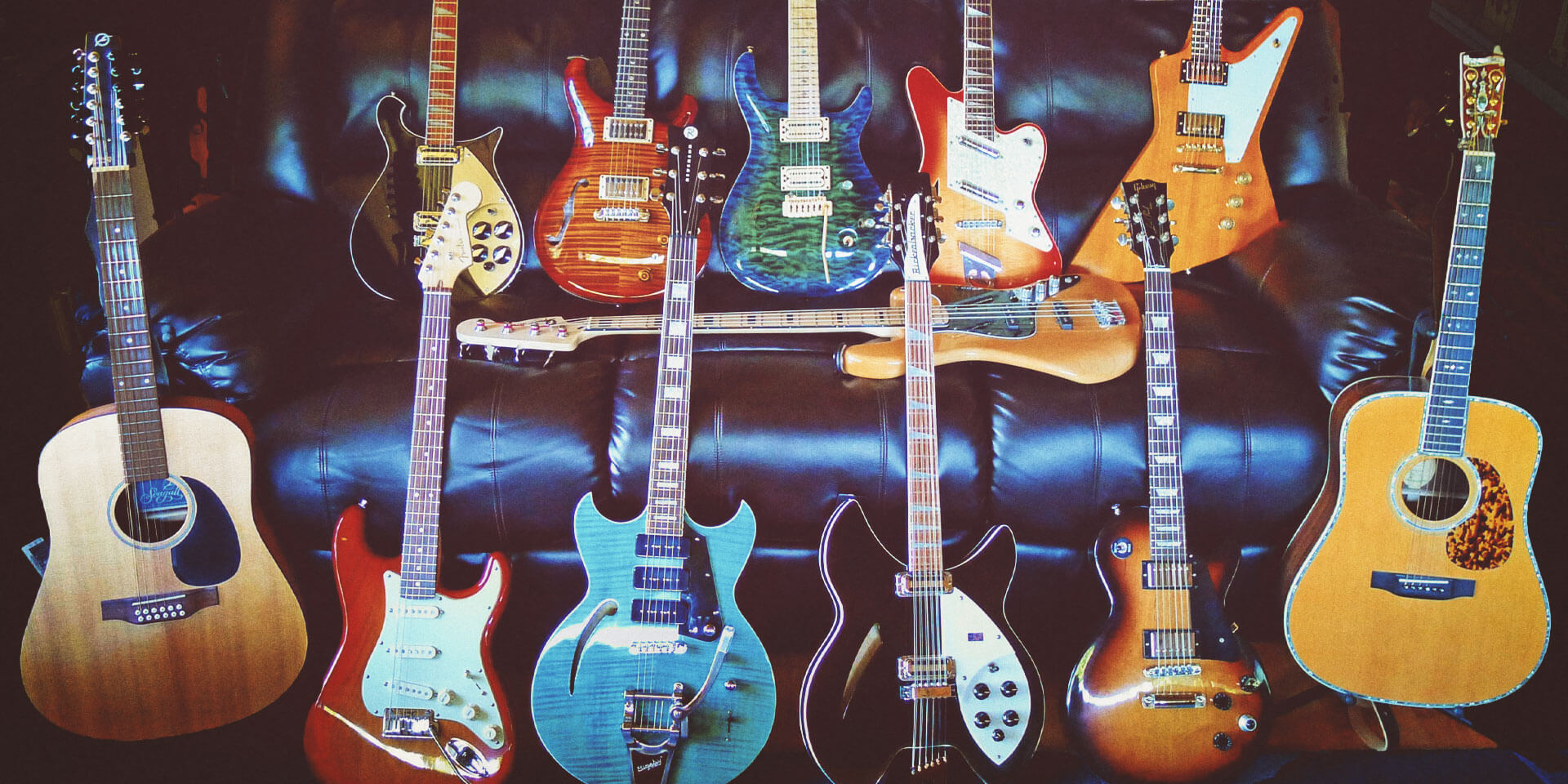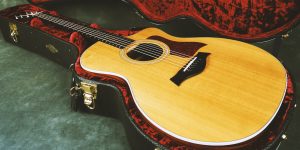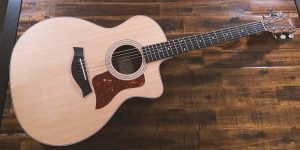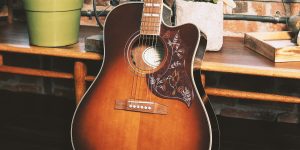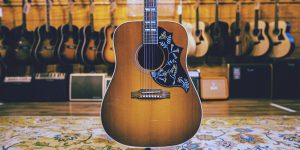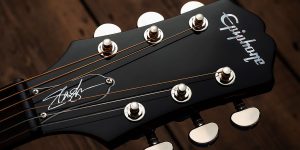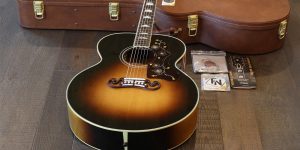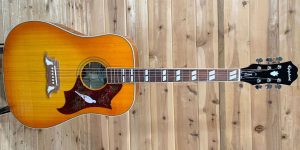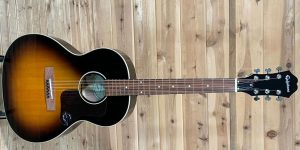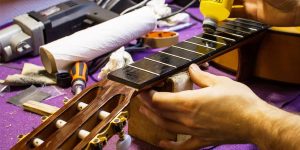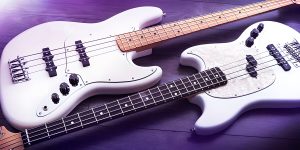Suppose you have already learned to play the guitar and decided it will become your life companion. But how many guitars do you need? After all, the world of guitars is so diverse. Guitars of the same kind can have different sizes, shapes, strings, and scale lengths, which makes it easy to play them. Electric guitars have different pickups, which can affect how you play. So, in the end, the decision about the number of guitars in your collection depends only on your preferences. In this article, I will share my thoughts on this subject.
Two guitars are enough
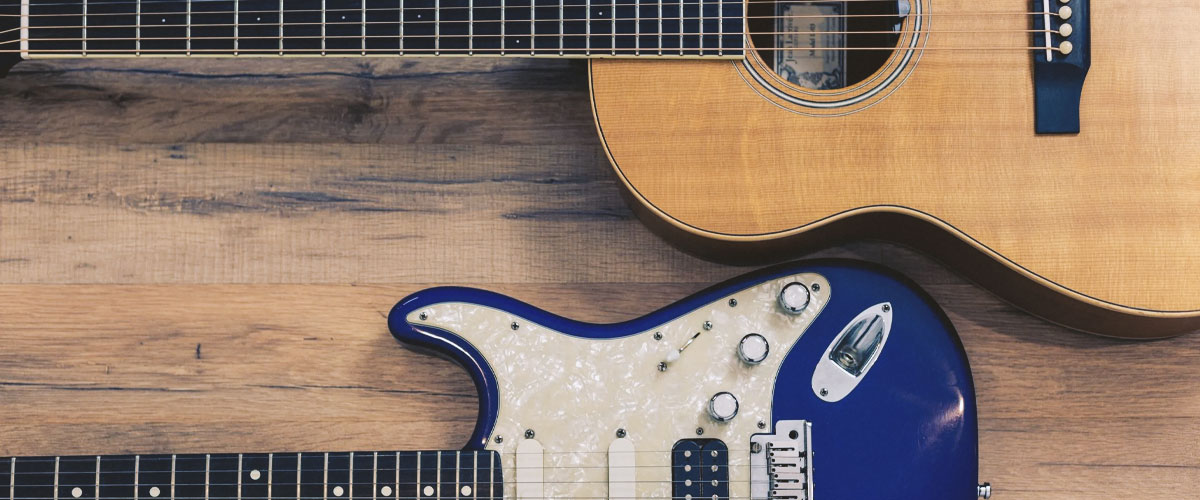
In general, guitars can be divided into two types: acoustic or classical and electric. Each of them is needed to play a certain kind of music. For example, you usually use an electric guitar to play pop, rock, and metal, as well as complex solos unavailable on other types. Acoustic and classical guitars are more commonly used at home, for playing outdoors, for practice, and for beginner’s training. But you can perform music of absolutely any genre on them, including classical music, folk, or fingerstyle.
So, 2 must-have guitars are usually enough to play regularly and take care of them properly. They can give you the full range of sound of any genre of music. Yes, you may want to replace your old one with a new one or think another guitar is better. But it’s worth figuring out, is buying a new instrument a necessity or a whim? Every time you ask yourself this question, you can avoid many problems. If you do decide to upgrade – get rid of the previous version. Believe me, one guitar of one kind is more than enough.
Among other things, it’s worth remembering that if you don’t play your guitar for a long time, it breaks down. The strings rust, the wood dries out without proper care, and the fret deforms. But when you love your instrument and take the time to play it, it will last you a long time.
Too Many Guitars or Guitar Acquisition Syndrome (GAS)
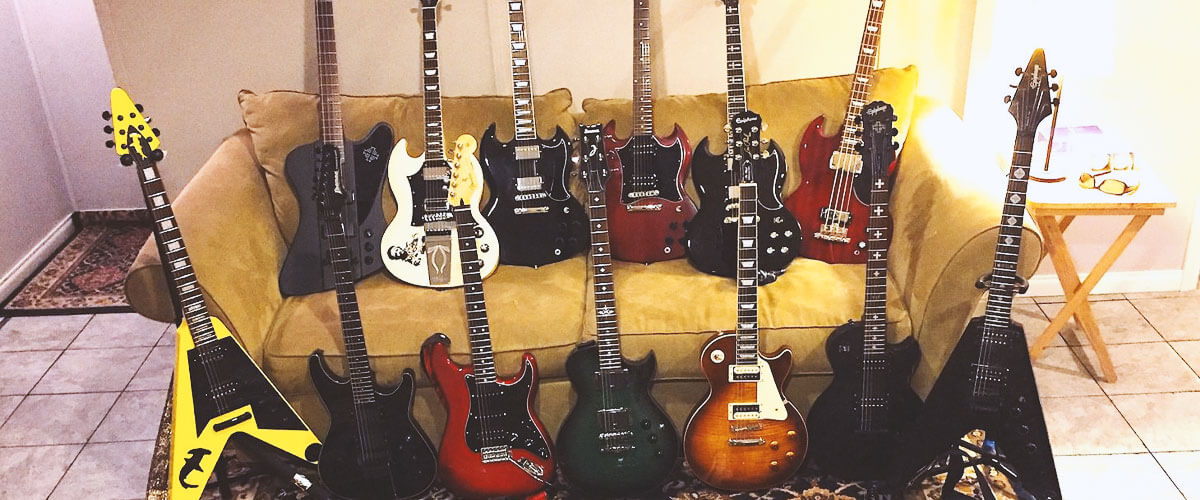
Of course, we may be talking about professional collectors, where the concept of “too many guitars” is out of the question. But this term is more relevant than ever when you’re an ordinary person who doesn’t have enough space to store guitars, time, and opportunity to play all your guitars and maintain them, so they don’t fail.
GAS or Guitar Acquisition Syndrome can be most easily explained by an overwhelming desire to improve or change your instrument without reason. People with this syndrome constantly think that their guitar is not good enough and that others’ instruments are better, more modern, and more beautiful. This can become a huge problem for you. Try to understand that there is no perfect guitar, but there is one that is perfect for you. Don’t forget that many famous musicians, in general, try to play one instrument all their lives, perfecting their playing rather than the guitar itself.
Situations where having more than one guitar is a necessity
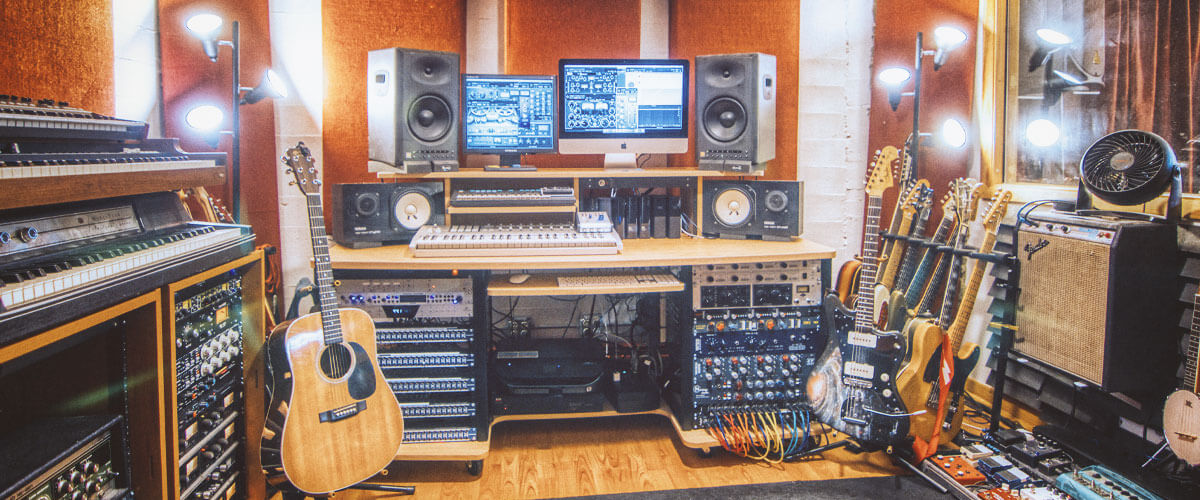
Perhaps you’re a professional musician who makes a living playing in the studio or a concert performer. You certainly need different guitars for each situation. After all, they all sound unique. And to avoid wasting time between sessions, you just need to have instruments already pre-set to perform specific songs. Electric guitars also vary in sound and can play a role in performing different songs. You should also have a spare guitar on hand in case of an emergency so you don’t waste time replacing a string or a broken switch.
Or maybe you travel a lot or like to go on outings with friends. Then, there are so-called Travel guitars that are smaller, lighter, less susceptible to outdoor conditions, and often cheaper. This means you’ll be comfortable taking it into the plane cabin, keeping it in your tent, and not worrying about its integrity.
Conclusion
So how many guitars does the average guitarist own? Well, as you can see, two guitars are pretty enough. But, as in any other subject, there are exceptions. The only thing I can advise you to do is to take the choice of guitar seriously at the starting point. Understand what genre of music you prefer and what shape, weight, and fingerboard are most comfortable for you. Then, take your time, choose YOUR instrument, and perfect your playing, not your guitar.

